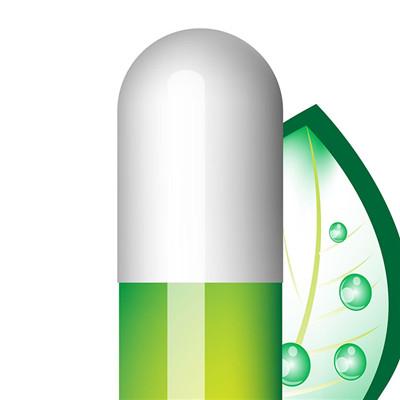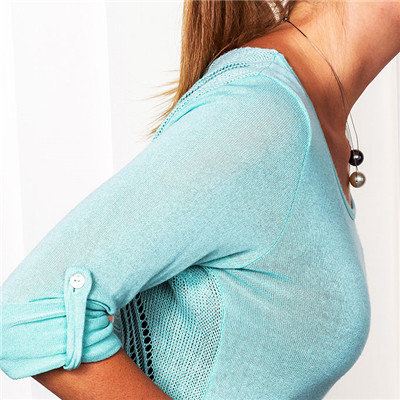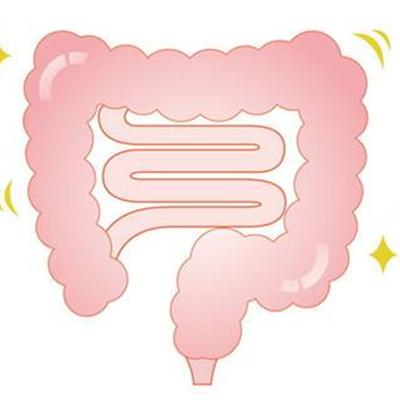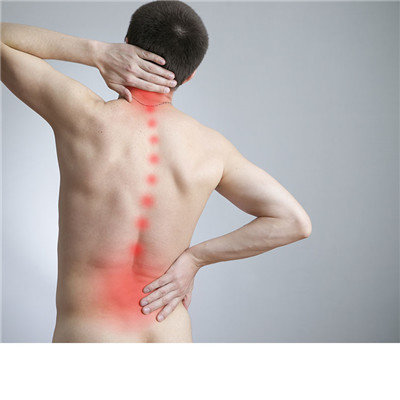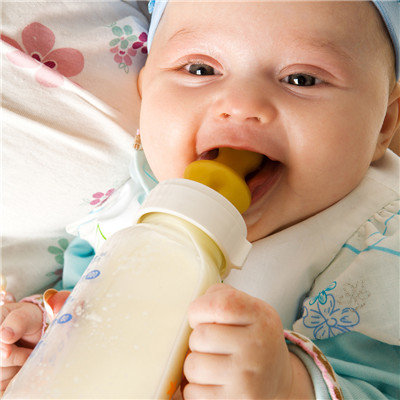Thyroglossal cyst symptoms?
summary
Thyroglossal duct cyst is a kind of congenital cyst left in the neck during the early development of thyroid gland. Cyst often has epithelial secretion accumulation, cyst can communicate with oral cavity through tongue blind hole, and secondary infection, cyst can break to form thyroglossal fistula. Symptoms of thyroglossal cyst?? Let's talk about it
Thyroglossal cyst symptoms?
The occurrence of thyroglossal duct cyst has no significant relationship with gender. It can occur in both men and women, and can occur at any age, but it is more common in adolescents under 30 years old. Cysts can occur at any position between the anterior midline lingual foramen and sternal notch, and the hyoid body is the most common, sometimes to one side. Most cysts are round, grow slowly, and have no conscious symptoms. Most cysts are found by chance.
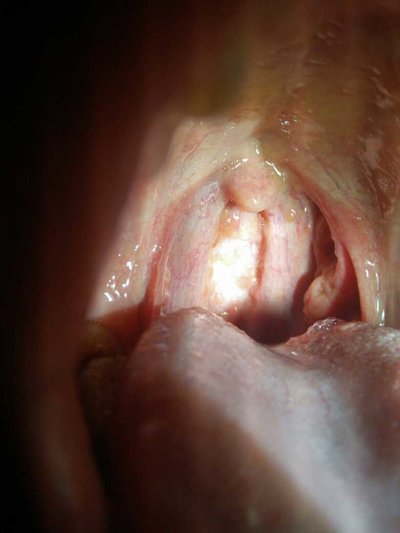
The cyst is soft with clear boundary and no adhesion to the surface skin and surrounding tissues. For the cyst located under hyoid bone, sometimes a tough cord can be found between the cyst and hyoid body. The cyst can move up and down with swallowing and tongue extension; If the cyst is located near the lingual blind hole, when it grows to a certain extent, it can raise the base of the tongue and cause swallowing and speech dysfunction.
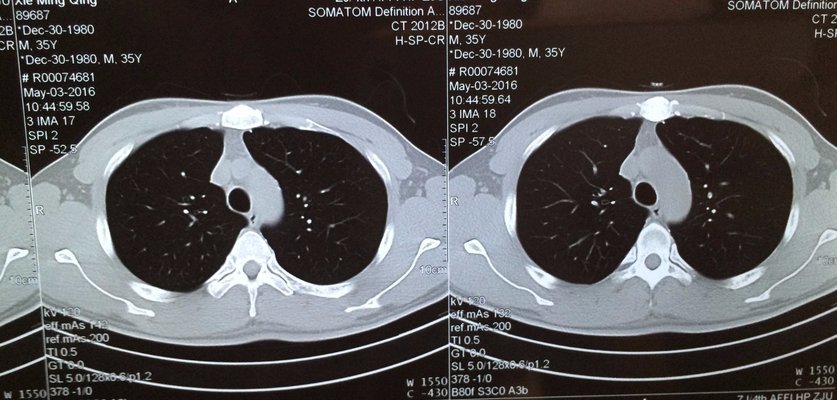
Cysts can communicate with the oral cavity through the blind hole of the tongue, which is easy to secondary infection. When cysts are secondary to infection, pain can occur, especially when swallowing. Neck examination showed that the skin on the surface of the cyst was red and the boundary was not clear. When the cyst broke itself or was cut and drained through the skin, a thyroglossal fistula could be formed. At this time, the cyst could disappear due to the drainage of the contents. The primary thyroglossal fistula can also be seen in clinic. The fistula of thyroglossal fistula is small, long-term outflow of light yellow mucus or purulent mucus, when the fistula is blocked, it can lead to acute inflammation of the fistula.
matters needing attention
1. Avoid smoking: harmful substances in cigarettes can directly stimulate the respiratory tract, smoke will bring harm to the health of the surrounding population, therefore, tobacco should be completely eliminated. 2. Avoid cold food: cold food will stimulate the stomach, so in order to better recover, should eat less or not. 3. Avoid fried and spicy food, spicy food such as pepper, onion, raw garlic, pepper, etc.



